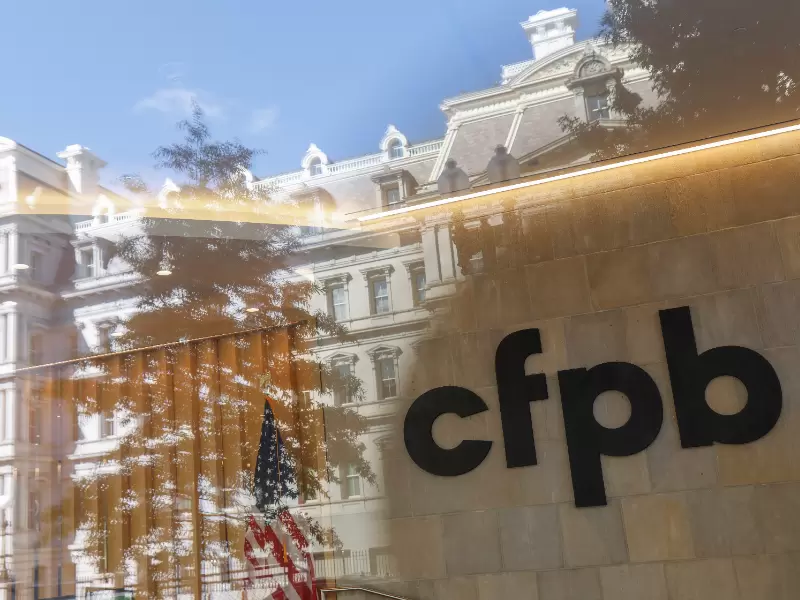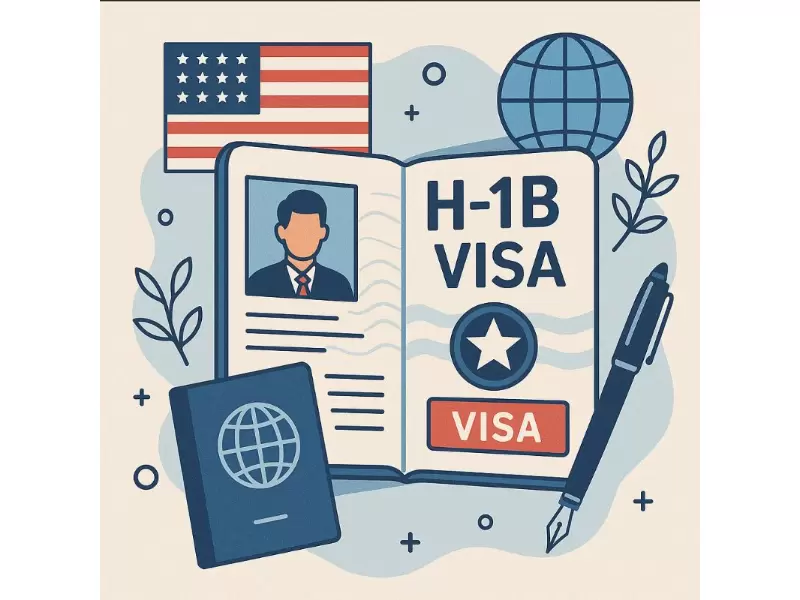US consumer finance watchdog proposes ending civil rights-era anti-discrimination requirements
The changes to the CFPB's rules implementing the 1974 law follow Trump's April executive order to eliminate the use of disparate-impact liability.
 Signage is seen at the Consumer Financial Protection Bureau (CFPB) headquarters in Washington, D.C., U.S., August 29, 2020. / REUTERS/Andrew Kelly
Signage is seen at the Consumer Financial Protection Bureau (CFPB) headquarters in Washington, D.C., U.S., August 29, 2020. / REUTERS/Andrew Kelly
The U.S. federal consumer finance watchdog on Nov. 12 proposed narrowing key civil-rights-era anti-discrimination requirements for the financial industry, advancing Republican President Donald Trump's effort to curtail long-standing policies he views as a burden on businesses, but that advocates say are fundamental to protecting the rights of American consumers.
In an official notice, the Consumer Financial Protection Bureau said it was proposing to change existing rules to hold that the 1974 Equal Credit Opportunity Act, a landmark statute preventing lenders from discriminating against borrowers, "does not authorize disparate-impact liability."
Also Read: US shutdown fallout: Who came out ahead; and who didn't
Reuters had previously reported the CFPB planned to make the change. The CFPB did not immediately respond to a request for comment.
The changes to the CFPB's rules implementing the 1974 law follow Trump's April executive order to eliminate the use of disparate-impact liability.
DISPARATE IMPACT LIABILITY USED AGAINST DISCRIMINATION
Curbing disparate-impact liability, which is common in employment-related cases, removes a tool the government has used for decades to police racial and gender discrimination in housing, education, lending and other areas.
The legal doctrine, which is rooted in Supreme Court precedent, holds that business practices that produce discriminatory outcomes, known as "disparate treatment," are prohibited, in addition to intentional discrimination.
The White House has argued that the doctrine undermines equal opportunity, and that it hinders businesses from making hiring and other employment decisions based on merit and skill.
If federal authorities cease to enforce disparate-impact requirements, preventing discrimination in large sectors of the economy will become much harder, consumer advocates say.
"This proposal is an outright assault on civil rights in lending," Jesse Van Tol, CEO of the National Community Reinvestment Coalition, a nonprofit which promotes equal access to credit, said in a statement, adding the changes would "invite a return to redlining."
The change may be subject to legal challenges. During Trump's previous term, the Department of Housing and Urban Development scrapped rules barring housing practices with disparate impacts on protected groups, but that was paused by a court, then reversed by the Biden administration.
Nov. 12's proposals are subject to 30 days of public comment before the agency can finalize the new regulations.
CFPB PROPOSES NARROWING TARGETED CREDIT ASSISTANCE
As part of Nov. 12's notices, the CFPB also proposed narrowing the permissible uses of Special Purpose Credit Programs, which allow lenders to offer targeted credit assistance to specific classes of individuals without falling foul of the equal credit law.
The agency furthermore proposed changing regulatory language that bars creditors from discouraging borrowers from applying for credit, such as through advertising or other marketing materials or statements, finding that this can unduly inhibit free speech and commerce.
A court in June blocked the CFPB from undoing a settlement with a Chicago-area mortgage lender that officials in Trump's first administration had accused of "redlining" by discouraging would-be loan applicants from predominantly Black neighborhoods.
In a separate proposal on Nov. 12, the CFPB called for changes it said would streamline a survey of banks' small business lending that has met with heated opposition from industry and Republicans, who call it invasive and burdensome.
The survey regulations are on hold pending a legal challenge.
ADVERTISEMENT
ADVERTISEMENT
E Paper
Video




 Reuters
Reuters


.jpg)










Comments
Start the conversation
Become a member of New India Abroad to start commenting.
Sign Up Now
Already have an account? Login